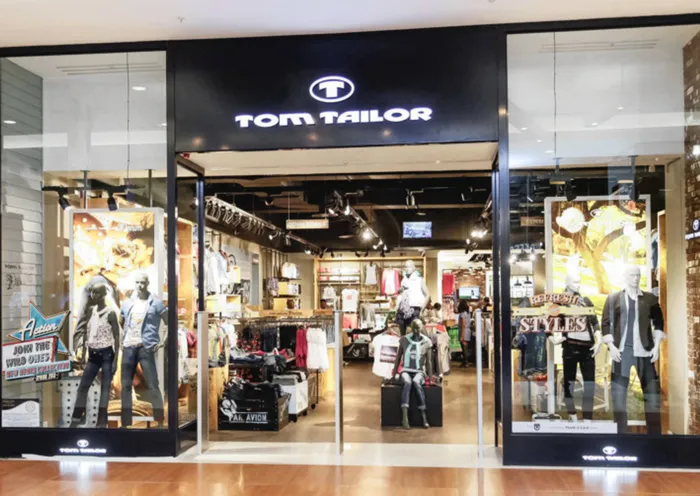Edgars extends import trend with German label Tom Tailor

Tom Tailor new store opened doors recently.Photo Supplied Tom Tailor new store opened doors recently.Photo Supplied
Zandi Shabalala
German fashion brand Tom Tailor announced plans last week to aggressively expand into the country with 40 shop-in-shops before the end of the year and franchise stores planned for Cape Town and Durban.
The brand joins the trend of international labels entering and expanding in South Africa to tap into the more resilient higher-end market.
Tom Tailor, which sells high quality apparel, sold exclusive franchising rights to the largest local clothing retailer, Edcon. It has opened 12 mini-shops within Edgars stores and one stand-alone store in Sandton City since July.
International brands including Zara, Topshop Topman and Australia’s Cotton On have entered the local retail scene over the past two years while local competitors have lamented a slowdown in sales.
Noah Capital Markets retail analyst Roger Tejwani said although the growth in the local retail market was slowing, “compared with northern hemisphere sales growth it is quite exciting ” for international players to access this market as retail sales growth here was more robust than overseas.
Tejwani said international brands also saw South Africa as a springboard into the rest of Africa, where growth was high.
He said that individually international brands would not pose a significant threat to local retailers as they had a small footprint in terms of the number of stores, but collectively they were competition.
Edcon has led the trend to bring in international brands and secured exclusive rights to franchise UK brands Dune, TM Lewin, Topshop, Lucky Brand and, most recently, Lipsy.
Despite its expansion and franchising efforts, the retailer said sales growth had been stunted by costs associated with a 72-store refurbishment programme in its Edgars chain in the year to June.
Tejwani said the fashion segment of the retail market was saturated as more brands arrived to fight over a small group of “genuine consumers”.
“There is too much capacity in the market chasing too few sales,” he said.
According to Statistics SA data, although overall retail sales have been softer in recent months, textiles, clothing, footwear and leather goods have continued to rally.
In June, apparel goods sales were up 7.3 percent year on year while food was down 0.1 percent and furniture sank 2.3 percent. Tejwani said: “Customers are shying away from big ticket items like furniture as they are coming under pressure from the pullback in credit.”
He said the credit environment underpinned retail and tighter criteria had a negative impact but there was still an appetite for smaller-ticket items such as clothing. However, a tightening in the credit market did put strain on fashion retailers that conducted most sales on credit, such as Truworths and Foschini.
Consumers hit by the rising cost of living struggled to keep up with their retail debt, Truworths said when releasing its annual results last month.
Tejwani said the international brands opening up shop in South Africa did not offer credit even though their prices were higher than the local market average. “If you are going to be fairly expensive in pricing you probably should offer some sort of credit like Truworths or Foschini,” he said.
Predominantly cash food and clothing retailer Woolworths reported that richer shoppers, who had less exposure to credit, helped increase its sales.
Edcon said it would continue to look for opportunities to bring in international brands.
“This is part of our ongoing strategy to be the destination for brands and fashionable on-trend merchandise for South African consumers,” Edcon chief executive Jürgen Schreiber said in a statement.